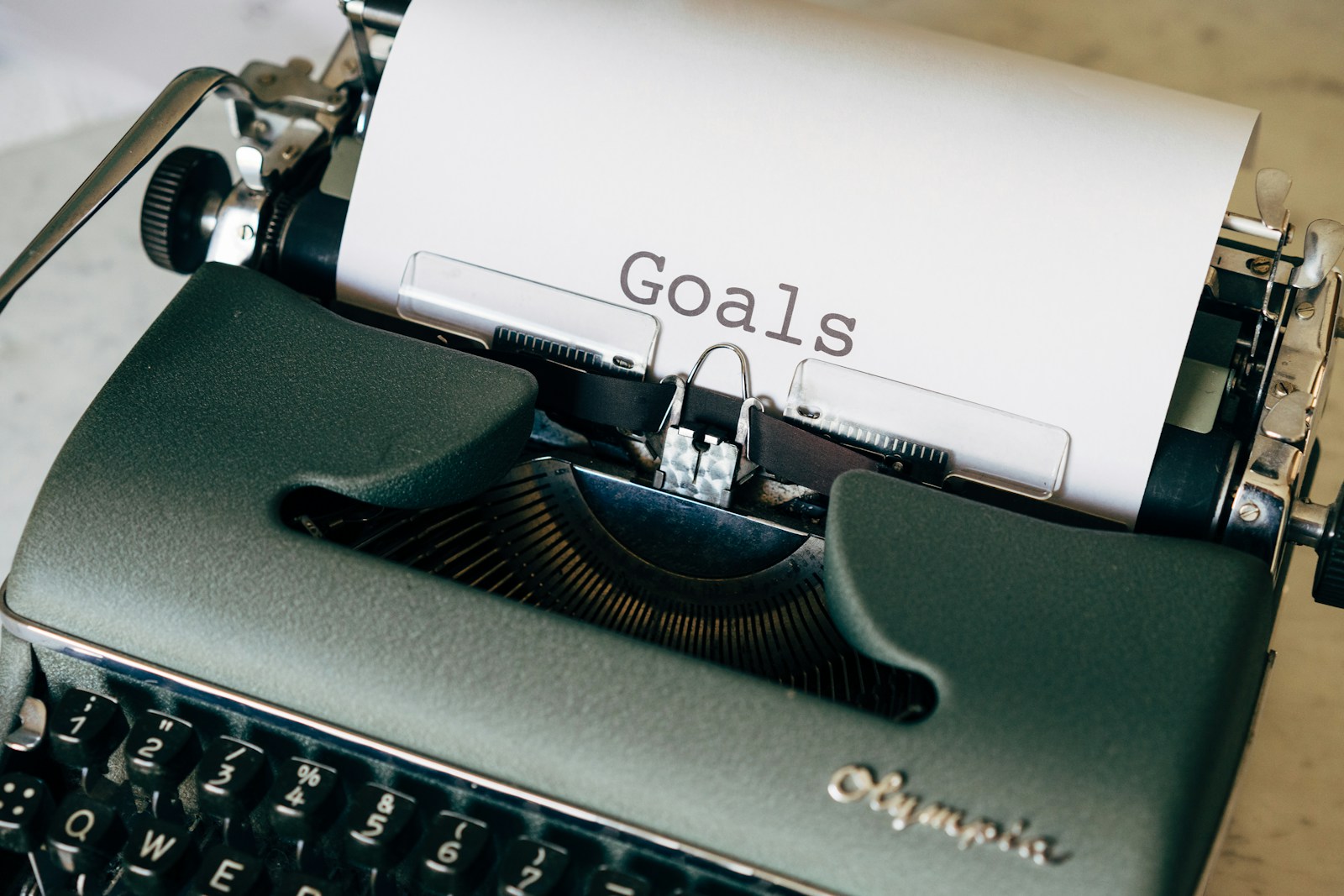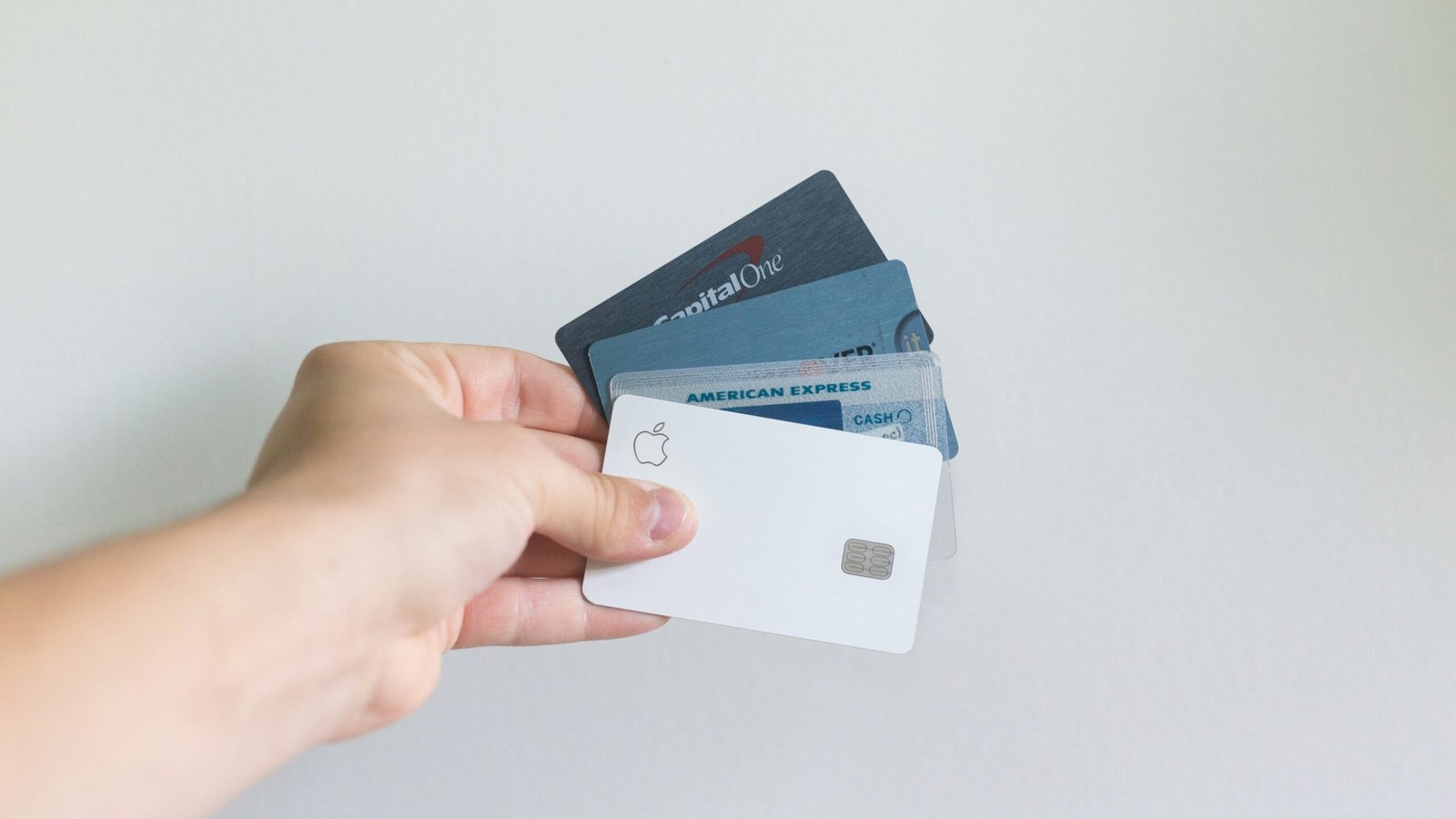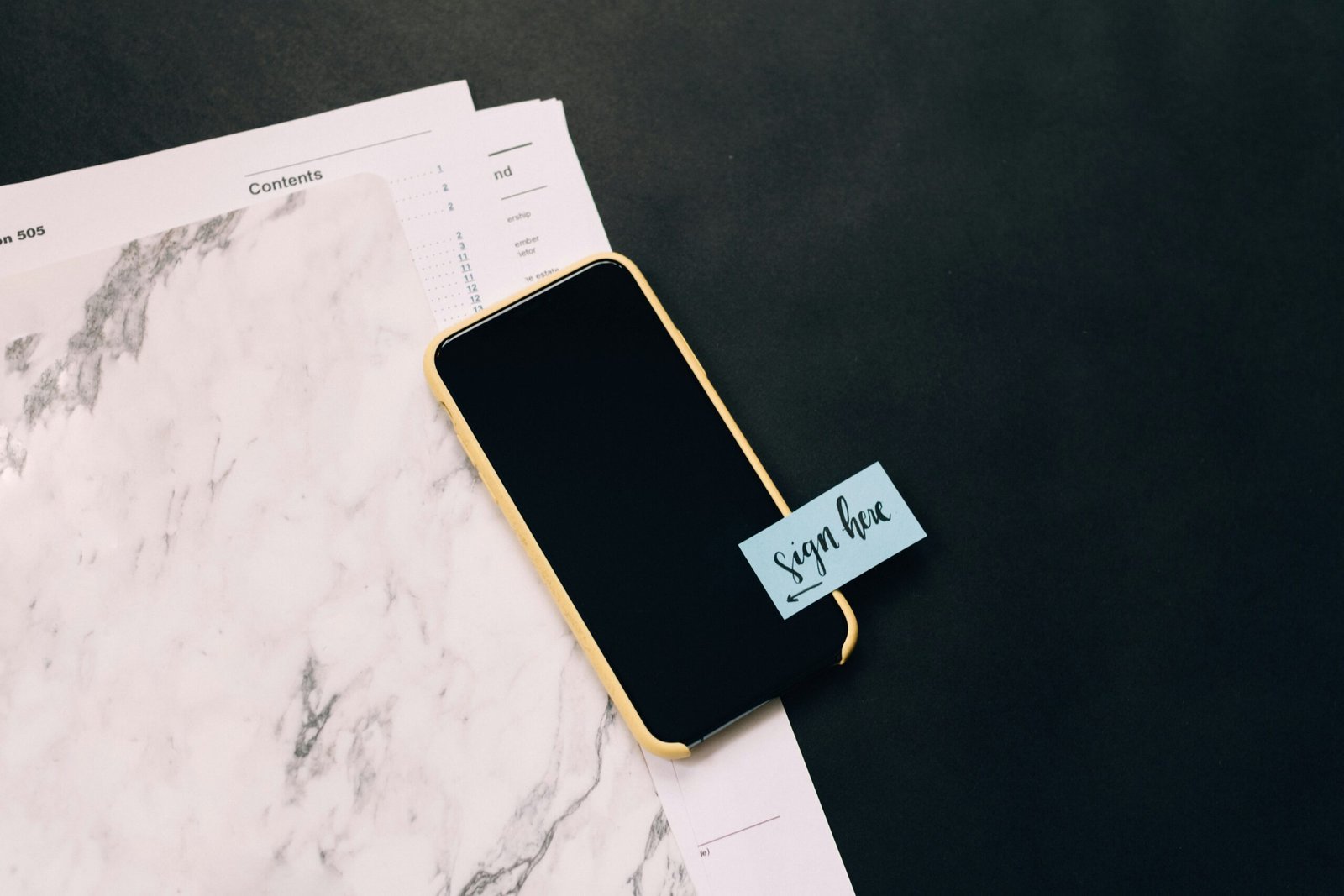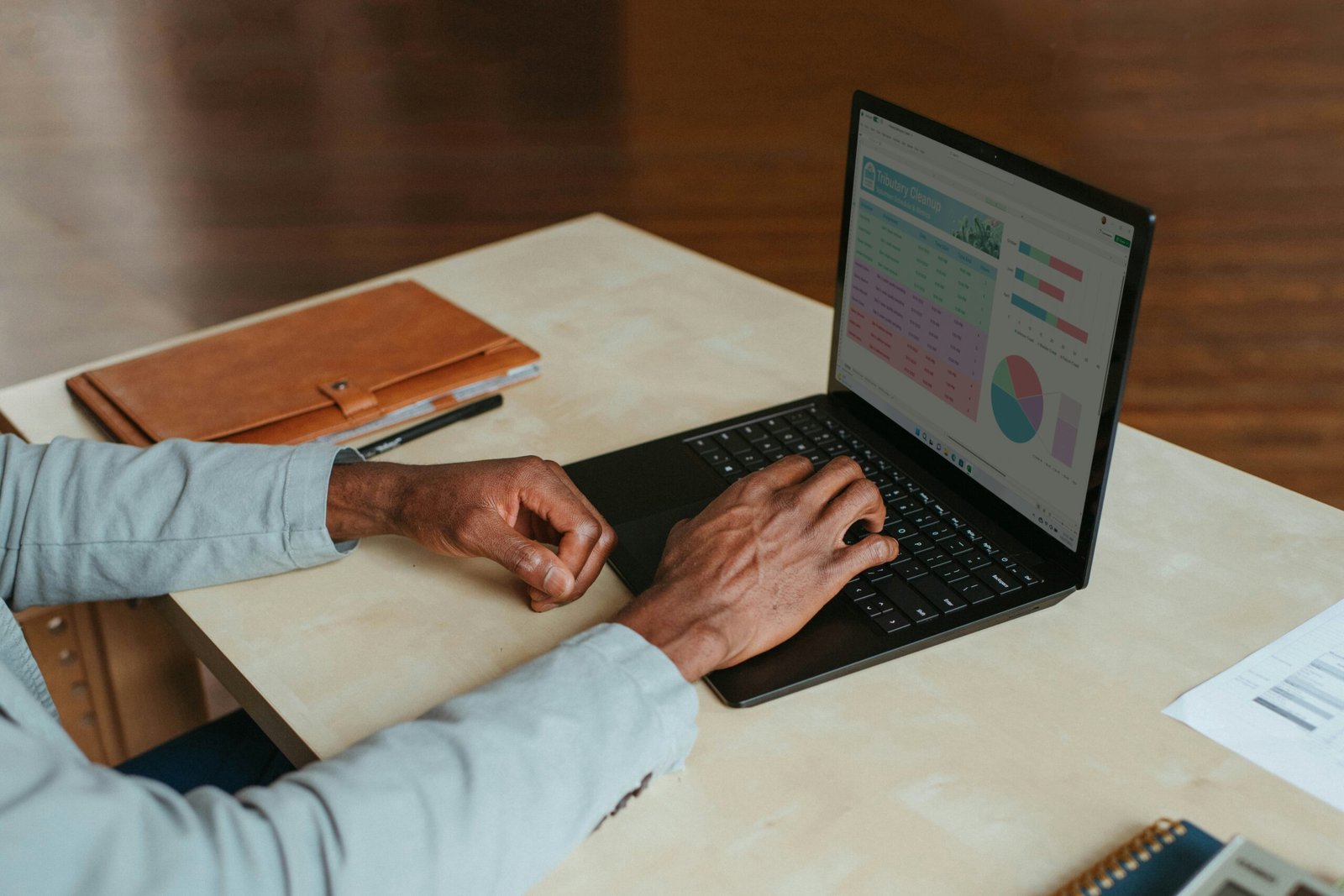
How do I teach myself financial literacy?
Teaching yourself financial literacy is an empowering and valuable endeavor. Here are some steps you can take to enhance your financial knowledge and skills: 1. Start with the basics: Begin by familiarizing yourself with fundamental financial concepts such as budgeting, saving, and debt management. Understand key terms and principles related to personal finance. 2. Read…





